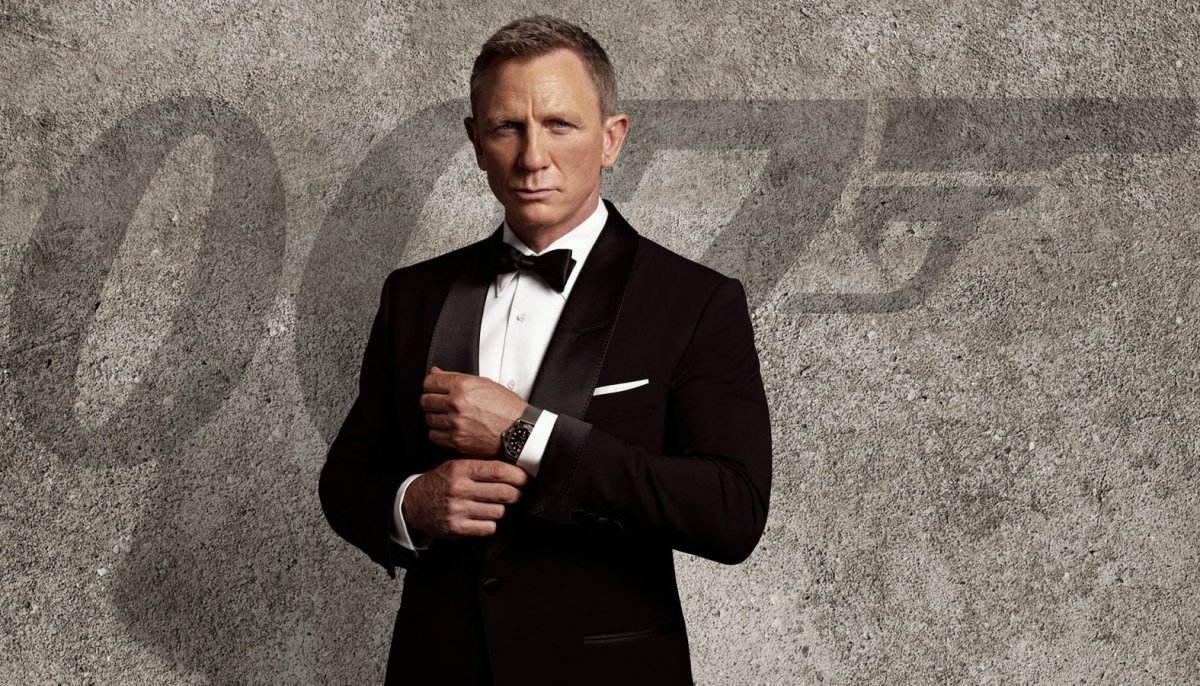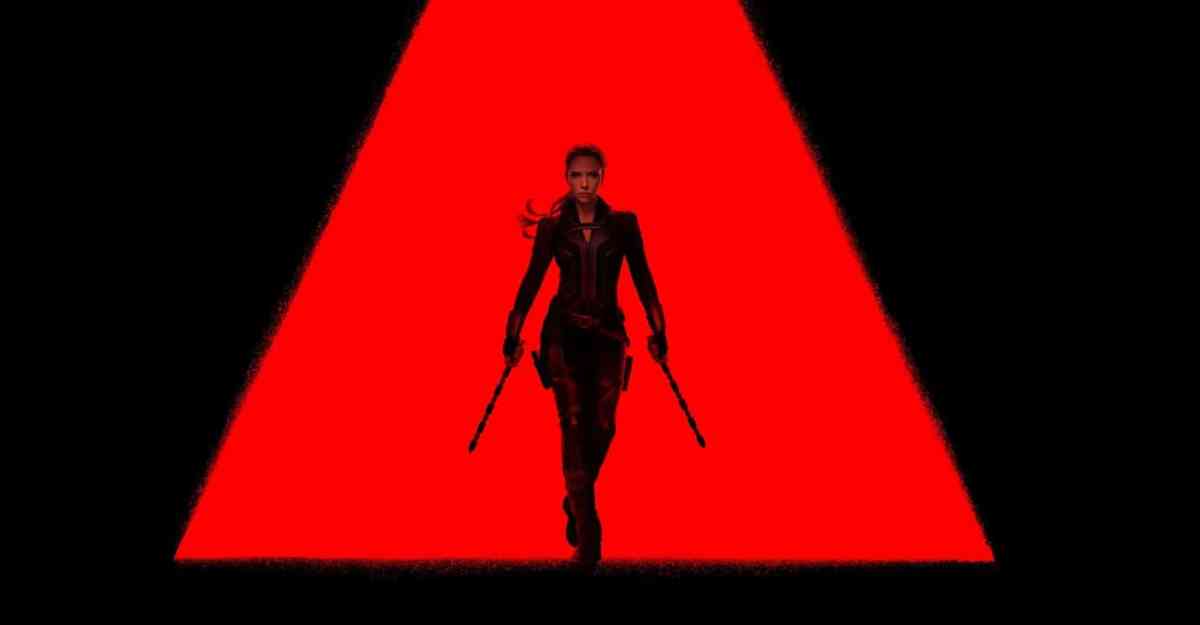
With all of the commotion surrounding the recent announcement of Diablo 3, a lot of questions are being asked regarding all aspects of the game. I attended a panel at the Blizzard Worldwide Invitational to discuss the world lore and environment art of Blizzard’s latest creation.
Blizzard has recognized that there is unexplored potential in Diablo and Diablo 2. Overall, the Diablo franchise, with its story about angels and demons is much darker than any of Blizzard’s other properties, and even other games in the same genre. The Diablo universe is a civilization all its own and Diablo 3 is going to tap into that history more than ever before.
The writers hope to expand upon locations and societies that have already been established in Diablo lore, but to date have remained unexplored, such as Caldeum and Skovos. Caldeum is the largest trade center in all of Sanctuary, while Skovos is apparently a society created by an angel and her human lover.
To expand the game’s universe even further, Diablo 3 will put a greater emphasis on individual characters’ cultures. Players will be able to distinguish characters based on their dress, speech, influences and hints about their daily life. Rather than rely on long speeches or expository text to explain a culture, Blizzard will be using the game’s environment and the player’s own power of observation to establish an atmosphere and set the mood.
To provide added depth for the story, characters will have more voicework and dialog than the predecessors. The environment will also tell part of the story in order to engage those players that would prefer to just skip the chatter, though Blizzard didn’t go into much detail as to how.
Diablo 3 takes place 20 years after the events of Diablo 2. Deckard Cain is still around and is convinced that Hell is going to invade. He feels as though he is responsible for what has happened, but unfortunately, his concerns are not well received. The events of Diablo and Diablo 2 are seen as the stuff of legend, mere myths, and as such are written off by the populace. Tyrael is also still missing; no one has talked to him and no one has heard from him. For the moment, Blizzard is playing coy about Tyrael’s fate and the true reason that Hell has yet to invade.
Blizzard also refused to clarify whether or not Mephisto is coming back, but did point out that there are seven lords of Hell and it would be wise to count how many we have killed up to this point. What we do know for sure is that the game starts in New Tristram, Cain comes back and we’ll probably see some old NPCs and a hero or two during the journey.
The art of Diablo has always been unique, focusing on a few key points: stylization over reality, dynamic animations, strong silhouettes, bold use of color and an emphasis on supporting the gameplay, rather than distracting from it. To reach these goals for Diablo 3, a few things had to happen. First, Blizzard needed to identify the strengths and weaknesses of the previous styles and condense each down to its core. In doing so, Blizzard wanted to maintain the Diablo brand’s horror feel while maintaining Blizzard’s key design points.
Blizzard’s artists took all of these goals into consideration while updating the classic Diablo looks. In Diablo 3, they explore a new visual look using a 3-D isometric camera rather than the traditional 2-D, which helps the environments come alive. Blizzard believes the new look respects the overall franchise while living up to the expectations established by the previous games.
Overall, it’s important for the art to maintain the traditions but take advantage of new technologies. Blizzard is expecting to use both the art and story to drive Diablo 3, yet also maintain an exciting game for those not quite as interested in the story.




Published: Jul 2, 2008 04:12 pm